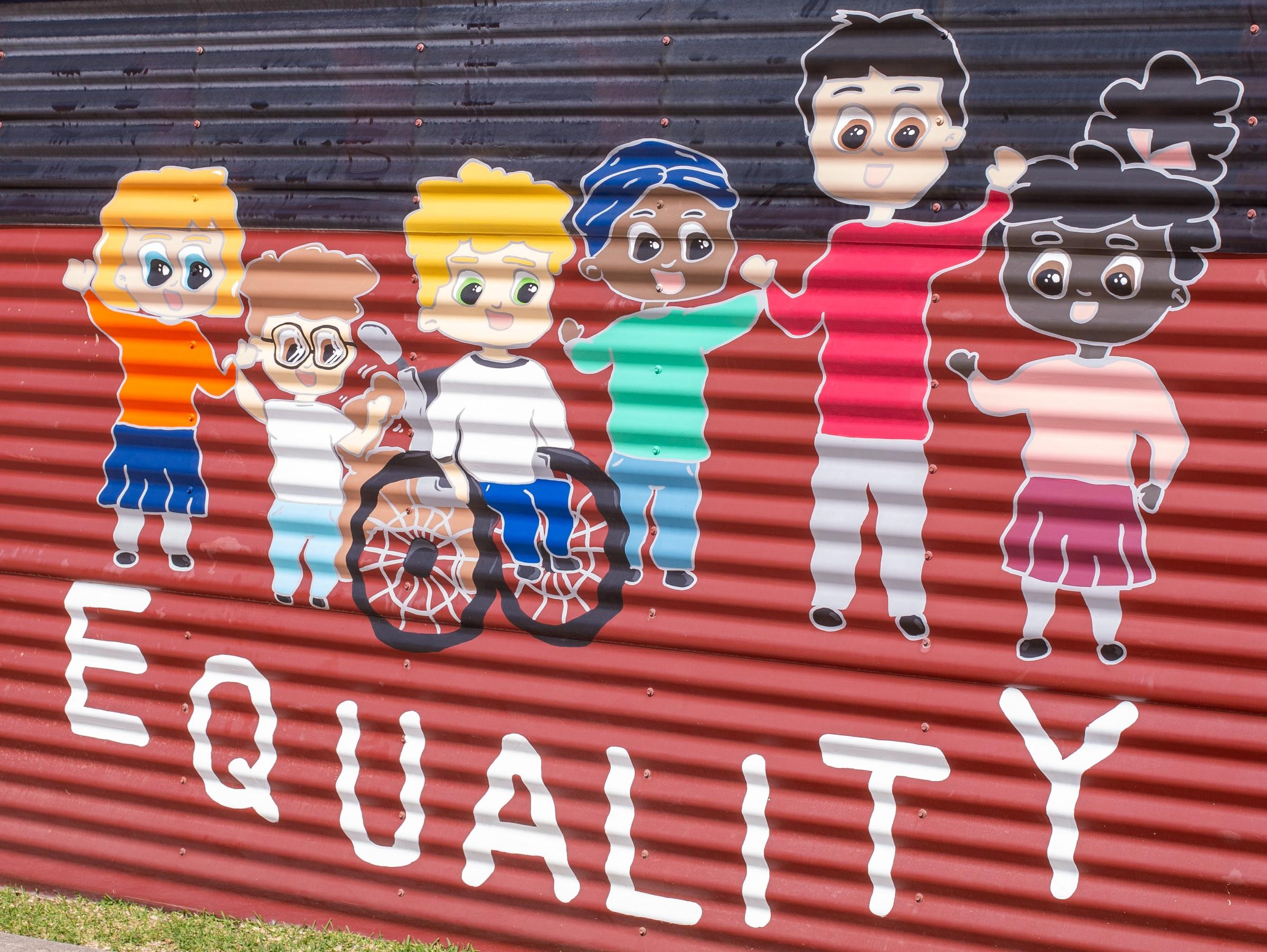Student Wellbeing

Building Strong Communication with Your Child
Open and regular conversations with your child help build trust and encourage them to share both positive experiences and challenges. Everyday chats, whether during a walk, in the car, or at home, create a comfortable space for meaningful discussions. The more often you talk about daily events, the more likely your child will feel at ease discussing difficult topics when they arise.
Using open ended questions allow your child to give information, rather than answering ‘yes’ or ‘no’.
| Closed-ended questions | Open-ended questions |
| Did you have a good day? | What was the best part of your day? |
| How was school? | What did you do today at school? |
| How did the game go? | Tell me about the game? |
| How was the party? | Who was at the party? What did you do at the party? |
Tips for Navigating Tricky Conversations
Allow “cooling off” time – If emotions are running high, take a break before discussing an issue.
Model positive language – Acknowledge and encourage kindness in conversations, e.g., “I really appreciate how you asked your brother before borrowing his bike.”
Use positive phrasing – Instead of “Don’t yell at me,” try “Please speak in a calm voice.”
Recognise their efforts – When your child opens up about a difficult issue, let them know you’re proud of them for sharing.
By fostering open and supportive communication, you’re helping your child develop confidence in expressing their thoughts and feelings.
